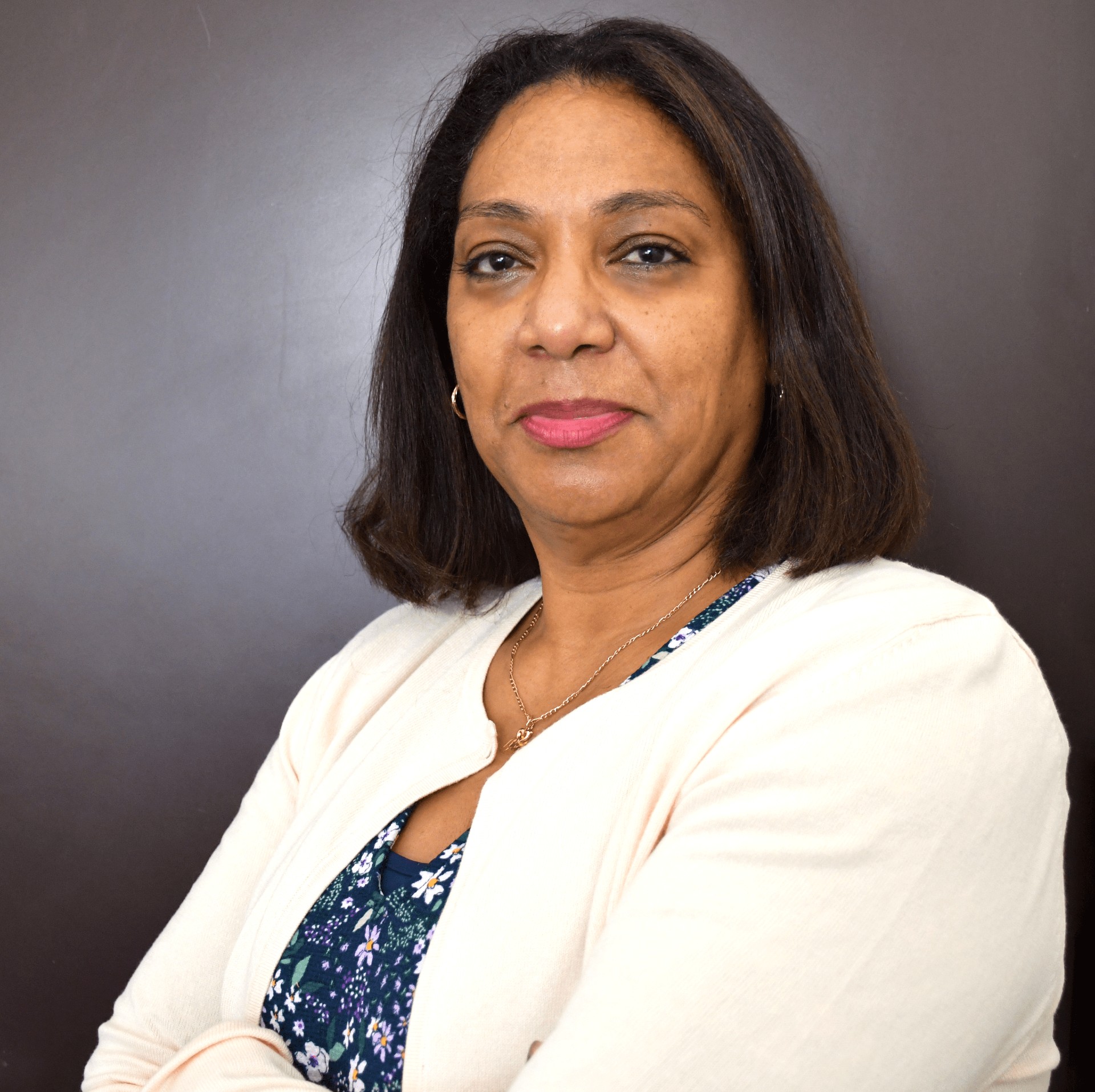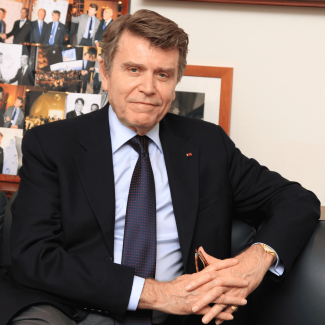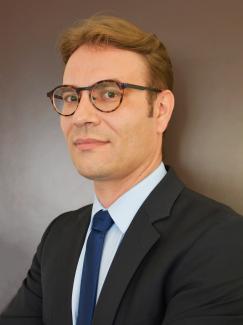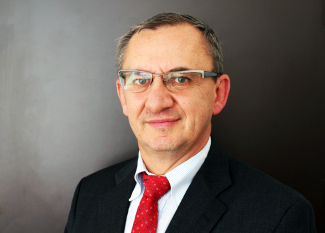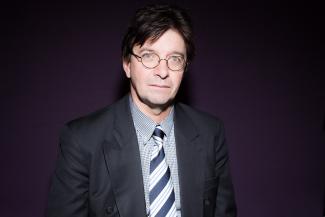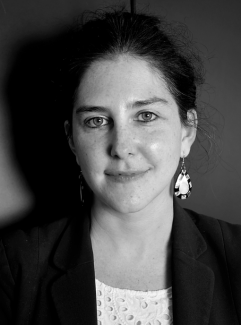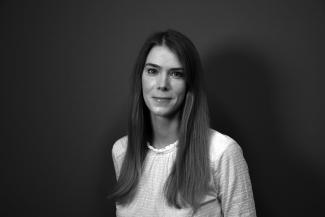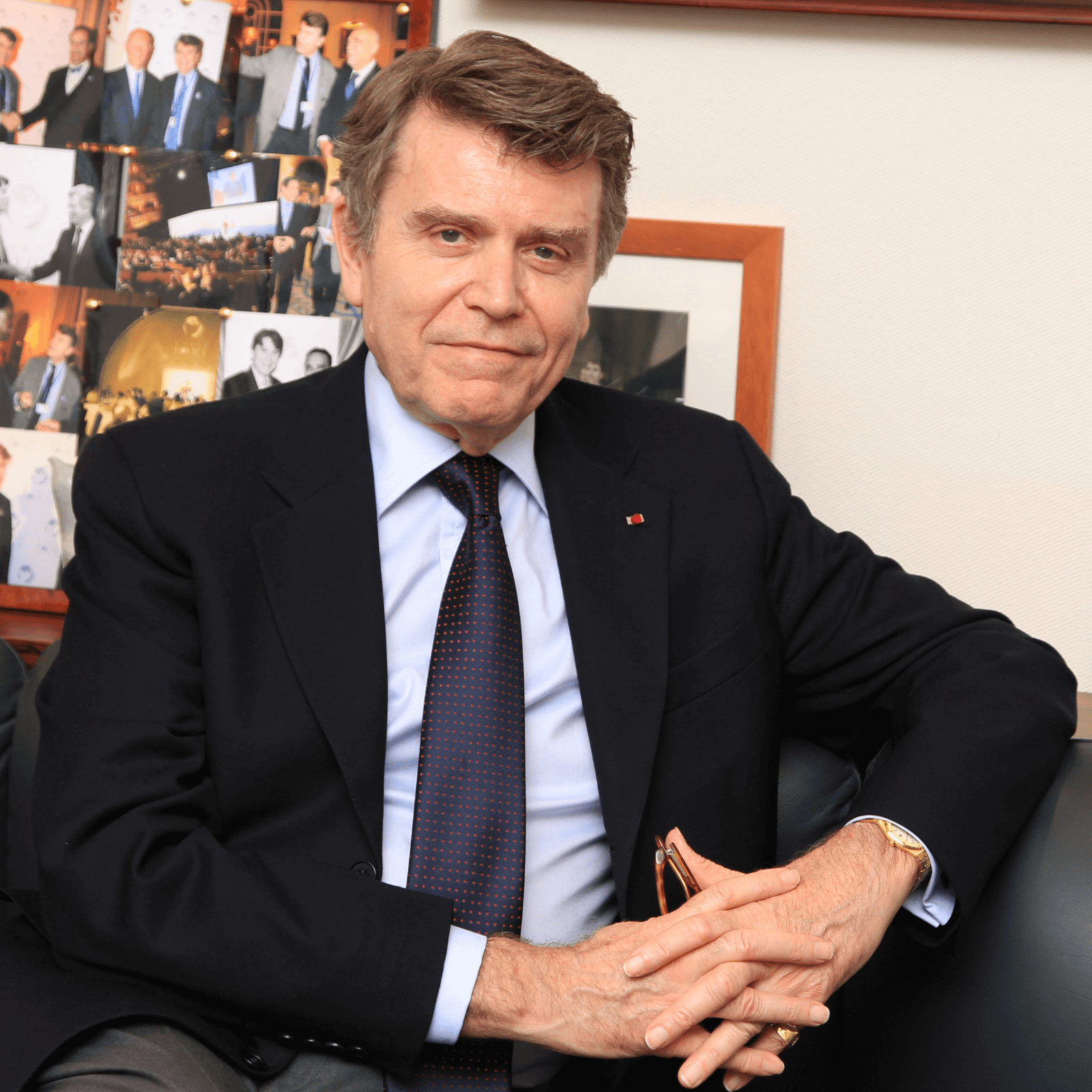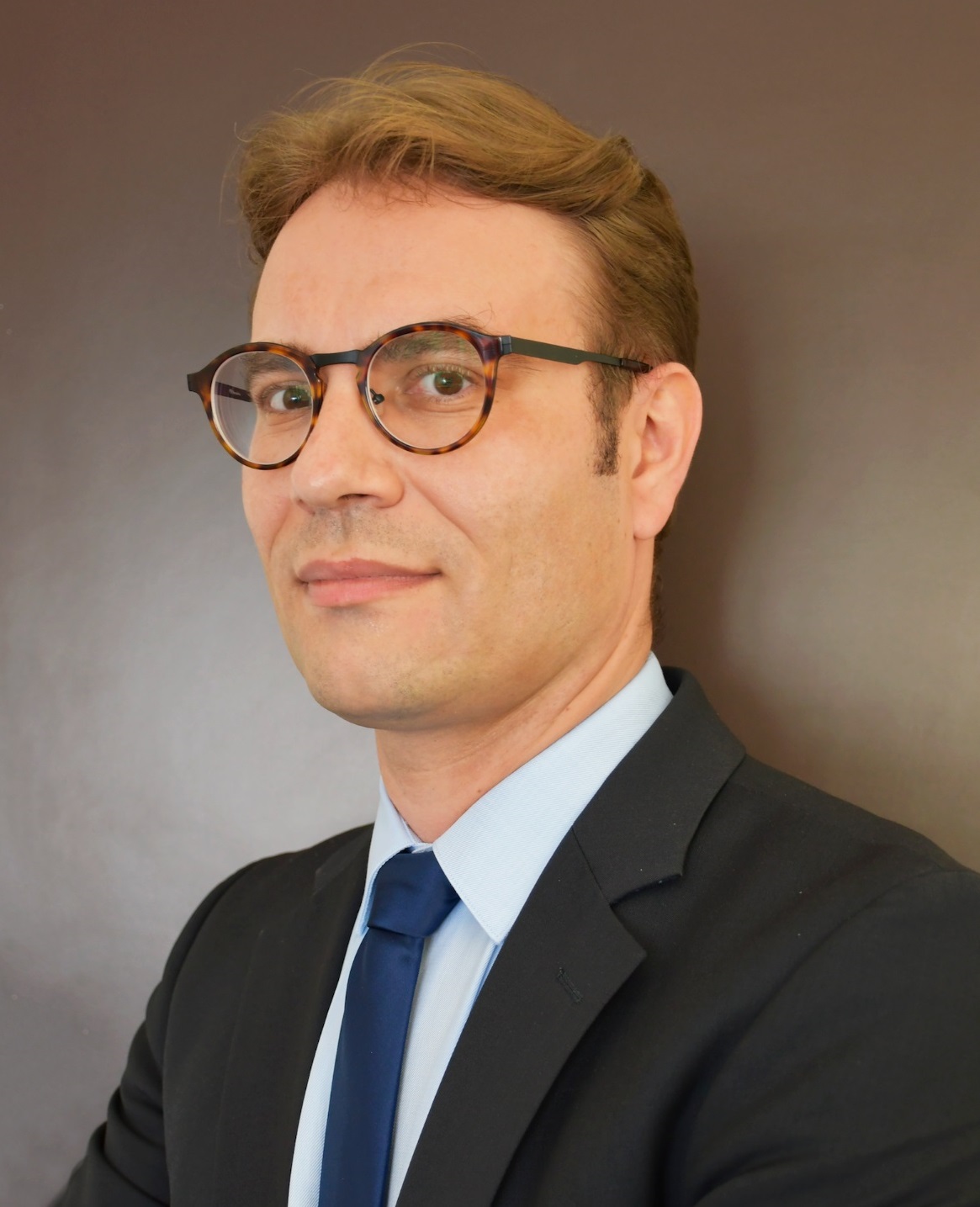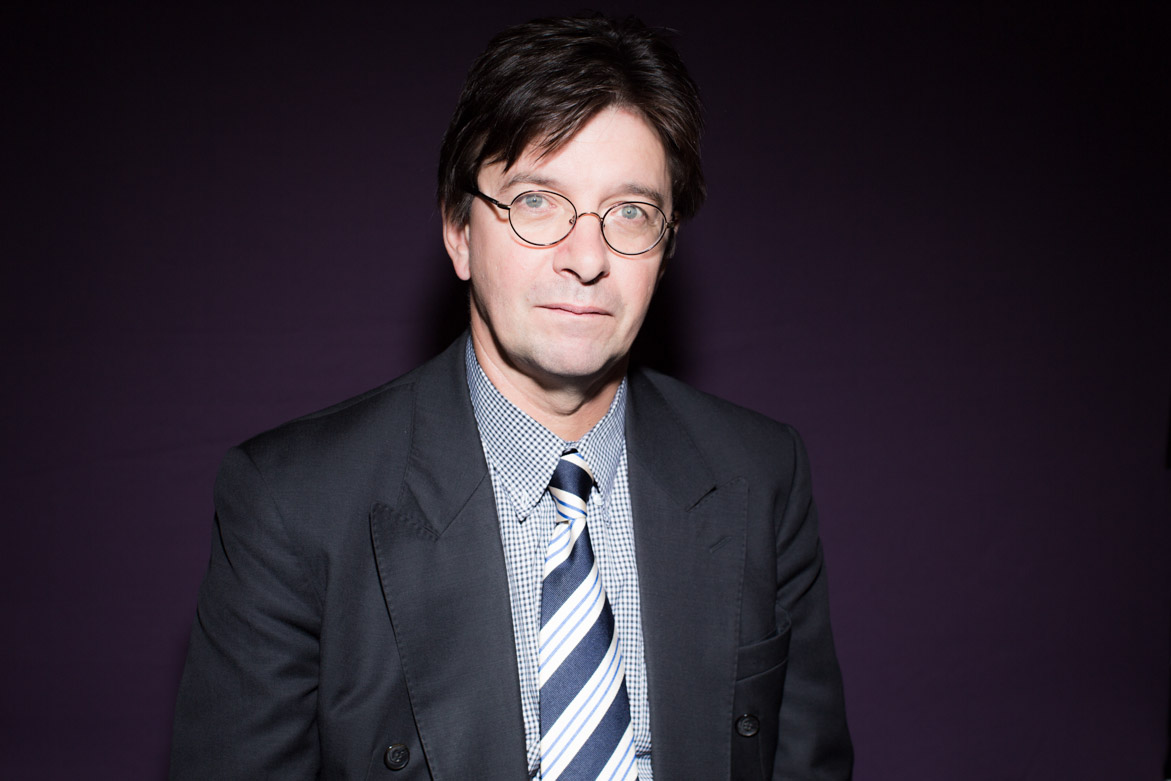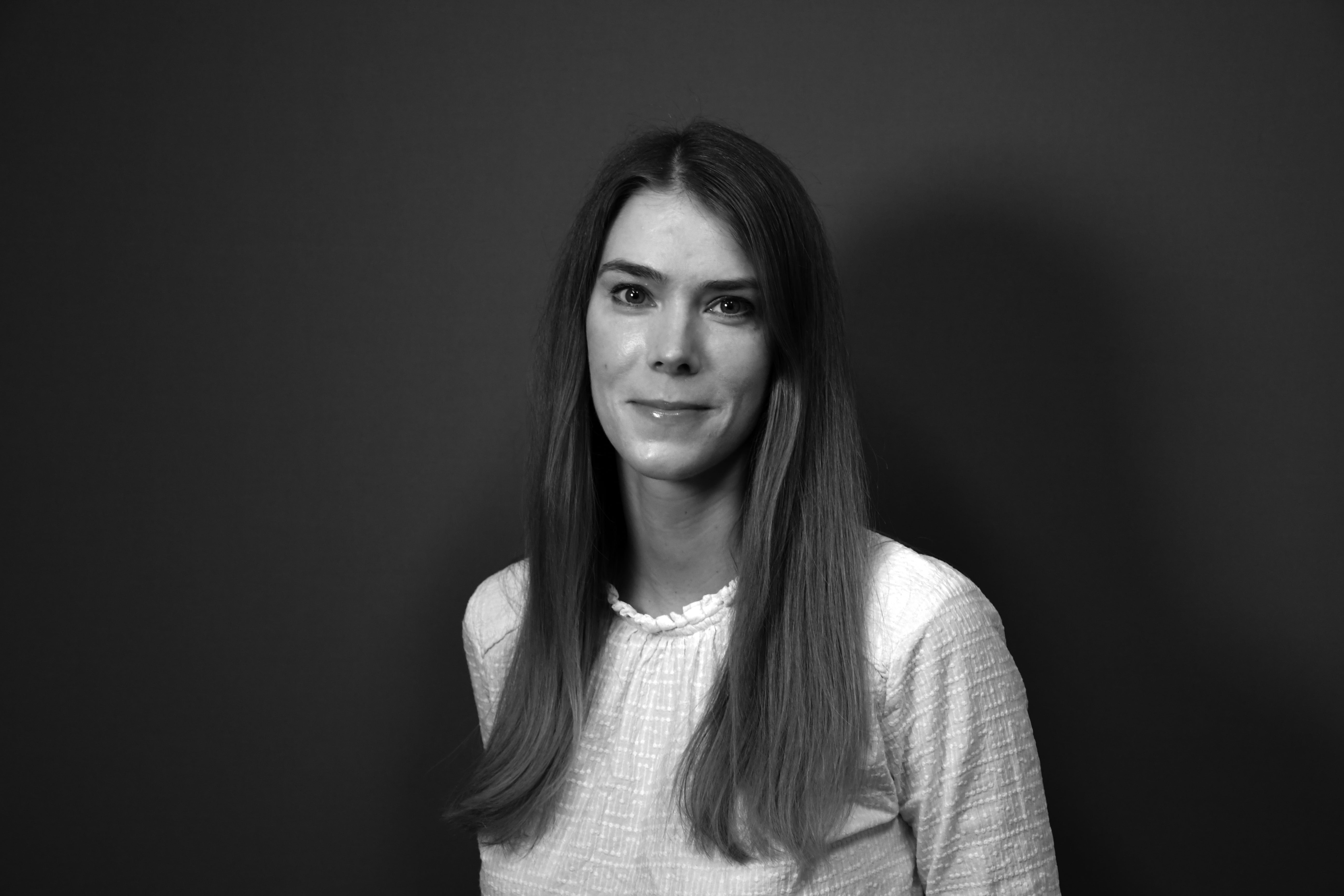70 Years of Franco-German Relations: Between Heritage and Future Challenges
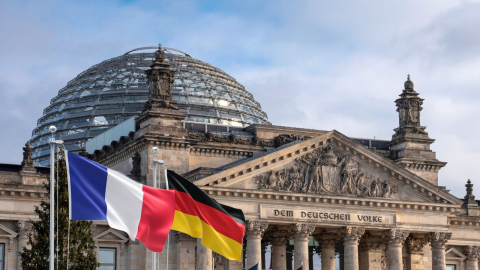
Practical information
Accessibility
Themes and regions
Related centers and programs

The Study Committee on Franco-German Relations (Cerfa) is celebrating its 70th anniversary this year.
The Cerfa was created in 1954 by an intergovernmental agreement between the Federal Republic of Germany and France, against a backdrop of Franco-German reconciliation. Belonging to the French Institute of International Relations (Ifri) since its creation in 1979 by Thierry de Montbrial, it is one of its pillars.
To celebrate this 70th anniversary, the conference to be held at the Ifri will look back at the milestones in Franco-German relations and European integration that have marked the Cerfa since its creation.
As we enter a more difficult period for France and Germany in Europe, we look back at both countries’ role in international relations, the evolution of economic systems and the consequences of these changes on political and social models, with governments weakened by the rise of populism.
Against this backdrop, what role can Franco-German relations play? While the two countries are the driving force behind the European construction, they need to redefine their framework of action as the EU has expanded and European institutions have become more powerful. At a time when Central and Eastern European countries are gaining traction with the return of war to Europe, we also need to consider the prospects for Franco-German relations in the political, democratic, economic, industrial and environmental spheres.
Titre Edito
Provisional program
Provisional program
9:30 - 9:40 | Welcome
Thierry de Montbrial, Founder and President of the Ifri
9:40 - 10:00 | Opening remarks
H.E. Stephan Steinlein, Ambassador of the Federal Republic of Germany to France and Monaco
Paul Maurice, Secretary General of the Study Committee on Franco-German Relations (Cerfa) at the Ifri
10:00 - 11:10 | Round Table 1 - Germany and France in a context of changing international relations
Hélène-Miard Delacroix, Professor of History and Civilization of Contemporary Germany, Sorbonne University
Claire Demesmay, Visiting Professor, Alfred Grosser Research Chair, Sciences Po
Éric-André Martin, Former Secretary General of the Study Committee on Franco-German Relations (Cerfa), 2020-2024
Hans Stark, Professor of contemporary German civilization at Sorbonne University, adviser on Franco-German relations at Ifri, Former Secretary General of the Study Committee on Franco-German Relations (Cerfa), 1991-2020
Moderation: Marie Krpata, Research Fellow, Study Committee on Franco-German Relations (Cerfa) at the Ifri
11:10 - 11:20 | Break
11:20 - 12:50 | Round Table 2 - Prospects for Franco-German relations in the face of the European Union’s uncertain future
Sylvie Goulard, Former Minister and Member of the European Parliament, President of the Franco-German Institute in Ludwigsburg
Sabine Thillaye, MP, Vice-Chairwoman of the National Assembly's Committee on National Defense and Armed Forces (tbc)
Michaela Wiegel, French correspondent of Frankfurter Allgemeine Zeitung
Modération: Jeanette Süß, Research Fellow, Study Committee on Franco-German Relations (Cerfa) at the Ifri
12:50 - 13:00 | Conclusion
Paul Maurice, Secretary General of the Study Committee on Franco-German Relations (Cerfa) at the Ifri
This conference will be followed by a cocktail reception.
The conference will be held in French and German, with simultaneous translation.
Contact
Catherine NAIKER
Assistant to the Study Committee on Franco-German Relations (Cerfa), Ifri
Speakers
Related Subjects
Other events

Paris Naval Conference 2025: Naval Power in support of Maritime Economy
This third edition of the Paris Naval Conference (CNP), bringing together high-level speakers from the military, industry and academia, aims to address the issues of securing the maritime economy for the world's navies.






